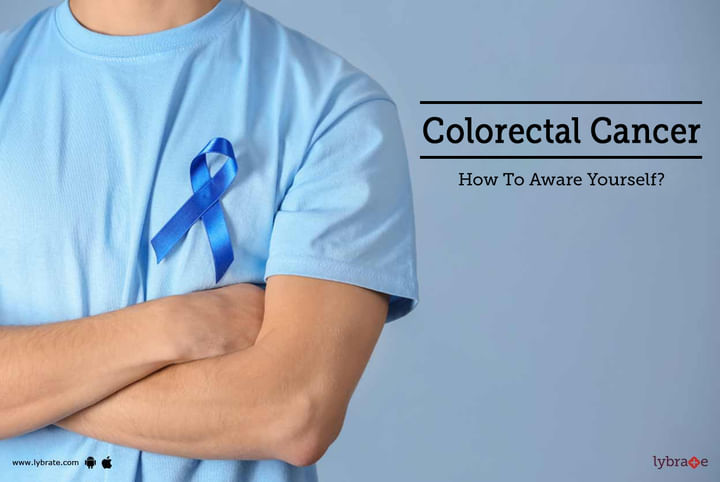Colorectal Cancer - How To Aware Yourself?
The month of March is observed annually as National Colorectal Cancer Awareness Month all over the world. Ever since its inception in the year 2000, it has spread out to be a rallying point for numerous survivors, patients, advocates, and caregivers from the colorectal cancer community worldwide, who come together to spread awareness about the disease by raising funds, holding education events, and talking to family and friends about colorectal cancer, it's screening, and much more.
The first step towards spreading awareness about colorectal cancer is to know all about the disease and its progression.
What is colorectal cancer?
Colorectal cancer, as the name suggests, refers to cancer of the rectum or colon. Most colorectal cancers begin as small, benign clumps of cells known as polyps that form in the inner lining of the rectum or colon. Over time, the polyps may become cancerous, resulting in colorectal cancer. Even though colorectal cancer can occur at any age, it typically affects elderly people. The risk increases as you age. Over 90% of all cases of colorectal cancer happen in people aged 50 or more.
Like all other types of cancer, colorectal cancer progresses in stages.
Risk factors
Certain factors may put you at greater risk of colorectal cancer. These include –
-
Older age
-
A family history of colorectal cancer
-
Specific inflammatory conditions
-
Certain inherited diseases
-
Poor diet
-
A sedentary lifestyle
-
Obesity
-
Diabetes
-
Alcohol
-
Smoking
Signs to look out for
Colorectal cancer does not always reveal symptoms in the initial stage. A person may not even realize that he/she has colorectal cancer unless screened for. However, you should keep an eye out for the below signs and symptoms –
-
Persistent abdominal pain, cramps and aches
-
Unexplained weight loss
-
Changes in bowel movement, including constipation and diarrhoea
-
Fatigue or weakness
-
Change in the consistency of stool
-
Rectal bleeding
-
Blood in the stool
A person encountering these symptoms should immediately consult a doctor for screening.
What you can do?
People between age 50 and 75 should get screened for colorectal cancer at regular intervals. People below age 50 and above age 75, who are at risk of having this type of cancer, should discuss with the doctor about undergoing screening.
Treatment and Prevention
Treatment for colorectal cancer is available – the most common methods used in treatment include chemotherapy, radiation therapy, immunotherapy, targeted drug therapy, and surgery. Surgery for colorectal cancer includes minimally invasive laparoscopy, partial and complete colonoscopy.
Certain lifestyle changes can also help cope with the symptoms of colorectal cancer or prevent its progression.
-
Eating a healthy diet
-
Staying physically active
-
Maintaining an ideal body weight
-
Abstaining from smoking and alcohol
Furthermore, palliative or supportive care is also provided to cancer patients, which aims to improve the quality of life and cope with the mental and physical exhaustion of undergoing strenuous cancer treatment.
National Colorectal Cancer Awareness Month looks forward to making general people, as well as cancer patients, aware of the warning signs of the disease, alongside its scope of treatment and prevention.



+1.svg)
